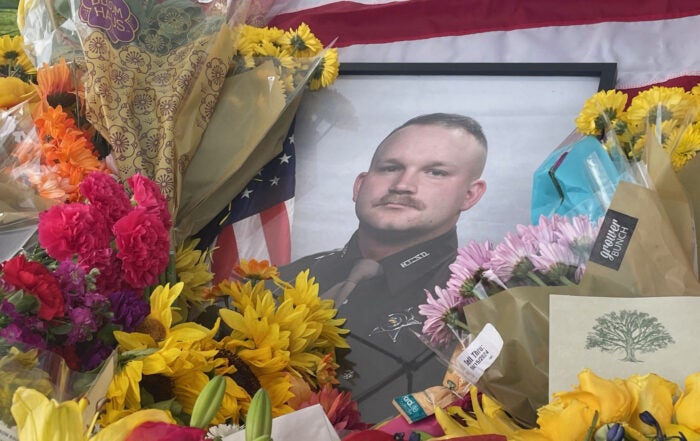Top Stories

Trending Stories
- Bodies of missing kayakers recovered from White River after weeklong search
- Hoosiers add another transfer commit during Woodson’s big week
- Tesla earnings plunge even more than forecast
- Indy developer faces pushback over ‘Cracker Jack, shotgun houses’
- Roncalli head football coach resigns after two seasons
Local
view all Loading Data…
Loading Data…
Crime watch 8
view allCommunity Events
National News
 Loading Data…
Loading Data…
multicultural News
 Loading Data…
Loading Data…
Indiana News
 Loading Data…
Loading Data…
Education
view all Loading Data…
Loading Data…
Business, Equity & Opportunities
view all Loading Data…
Loading Data…
Trending Podcasts
view all Loading Data…
Loading Data…














